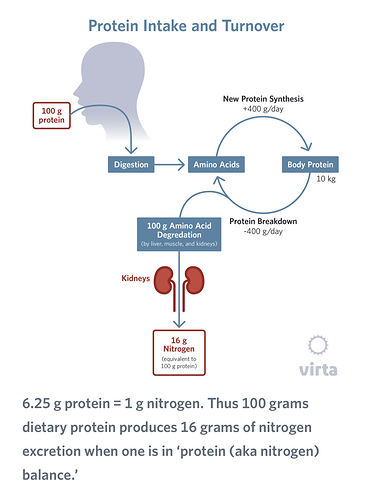I eat OMAD and I can easily eat everything in one sitting, my husband, on the other hand, can’t, so he has a 20/4 eating window. Try different options and see what works for your.
I would stay away from protein bars, shakes, etc, try with real food. If you can’t seem to eat enough, eat IF or later try supplementing with protein powders. I think that protein bars and shakes might throw off your satiety reflexes due to their composition ( “fiber,” sweeteners, etc).
Protein quantity
I found that I didn’t do well with OMAD and have to do TMAD -I eat lunch at 1pm and supper at 4:30. I make breakfast for my 3 year old grand daughter in the morning, and a tea for me, but I have it plain, so no calories. Then at 1pm I make Tea with HWC in it and lunch, then for supper if I haven’t had enough calories by then I made a special tea --usually Celestial Seasonings Black Cherry Berry -I make it hot, then add it to the blender with half a cup of HWC (400 calories) and icecubes and make an ICED tea. I don’t add any sweeteners (as I got rid of them in June). This helps me make sure I am getting enough calories and fats for the day. I was on a 2.5 month stall because I didn’t eat enough calories, I was doing a lot of fasting of 48 -74 hours and not losing any weight as well.
When I broke cycle, and starting eating more calories, more proteins and more fats, but always keeping my carbs at under 20 grams, I started losing again, Good luck!!!
I now personally ignore all the height to weight, lean body mass ratio nonsense when it comes to protein intake and keep it at 30 grams per meal and I eat maybe once a day or every two days depending on how hungry I feel, I’’m a random eater and pay no attention to that 3 meal a day nonsense.
Fat intake is more important and is what gets ignored the most in real-life!
IGF-1 (somatomedin C) or the IGF-1 gene and is a hormone and is a biological process that takes place within the human body and will shorten your life-span if you get too much of it constantly!
You also eat the IGF-1 when you eat animal protein?
What %percent% can be accounted for?
Footnotes:
[1] “…Insulin-like growth factor-1 (IGF-1) is a natural human growth hormone that assists the body’s transition from childhood into healthy adulthood. Once the body completes this natural growth period, high levels of IGF-1 are no longer necessary and over-production may become detrimental to health. …” …More
[2] “…Studies suggest that high-protein diets can increase IGF-1 levels, but that higher fat intake, in particular, saturated fat, can lead to lower levels of IGF-1. Fasting and “extreme diets” may cause IGF-1 levels to drop and stay down for a period of time. (19) IGF-1 production may decrease in response to intermittent fasting, calorie restriction or starvation because not enough fuel is temporarily available to build new tissue. However, according to some animal studies, IGF-1 levels may bounce back after 24 hours of re-feeding, although not to starting levels. (20) …More
The other downside is the risk of overloading the uric acid pathway, which can lead to ammonia toxicity. All those extra amino acids have to be deaminated in order to be metabolised or excreted, and too much ammonia at once can overwhelm the pathway.
Yeah, I think there must be more to that though. Because I can eat (now and then) 330g of protein a day – no problem. But when I am off keto, which until this year I regularly was back and forth, if I eat even 100g protein but I’m also eating typical carbs, I have a serious ammonia issue. And I would explain how I know this but it would make this sort of icky and NSFW so never mind. But it led me to believe that for whatever reason, my organs only had a problem with even moderately high protein when I was also eating a lot of carbs. When eating keto I have not ever been able to spark even the slightest problem with too much protein, go figure.
That is interesting thank you for sharing that information, here is a paper from 1931, that kind of delves into that:
THE UTILIZATION OF AMMONIA IN THE PROTEIN METABOLISM: “…Abderhalden hesitatingly reached the conclusion that “the addition of ammonium salts as the only source of nitrogen to a diet consisting of carbohydrates and fats, exercises a distinct influence on the protein metabolism, by causing nitrogen retention.” The relationship of this retention to the protein anabolism, he left an open question, suggesting, however, the probability that a reversible reaction had set in. …”
Phinney, Volek & Volk get more into that here:
image linkI wondered which kind of meat suits me best for getting nutrients so that there is a lot of protein and not so much fat. Because I work out in the gym and I need a large amount of protein, from the forum I found out exactly how much I need. Thank you very much for that.

